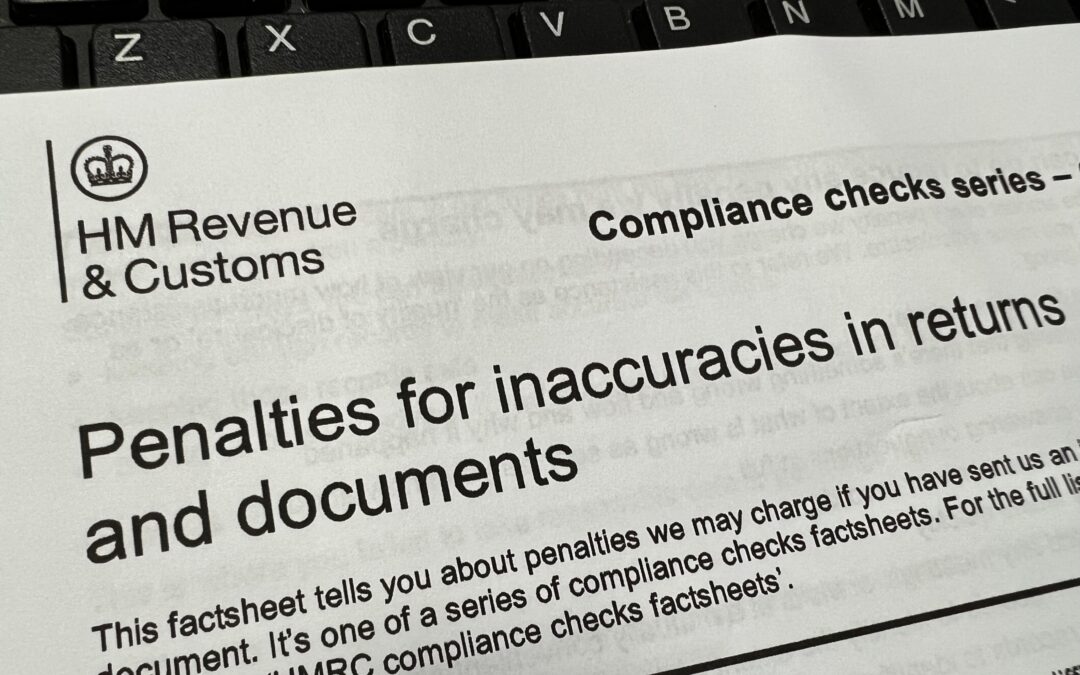Recently, HMRC initiated compliance checks for some online sellers.
These compliance checks are not random or widespread, so they should be taken seriously.
HMRC will inform merchants of the actions they need to take and the deadlines through email or postal mail.
Why Compliance Checks Are Conducted
Typically, online sellers are required to regularly pay income tax or VAT to HMRC through declarations.
HMRC conducts checks on these declarations, and the following situations may trigger a compliance check:
- Incorrect numbers on the declaration.
- Low turnover with a significant claim for VAT refund.
- Reporting minimal tax payments despite a high turnover.
What You Need to Do
The compliance check letter from HMRC will include accounting details.
These details will specify the submission records during the check period and the results calculated by HMRC.
If you agree with the check results, you should contact HMRC and make the payment online within the specified deadline.
If you disagree, you need to provide evidence to support your position within the set timeframe.
Triggering Further Warnings
If you take no action during this period, HMRC may notify your e-commerce platform.
This may lead the platform to decide whether to close your online store.
If your e-commerce platform decides to halt your online business, it may take up to 6 weeks to reopen after settling any outstanding payments.
Late Payments and Penalties
When you receive a payment notice, it is crucial to contact HMRC promptly and make the payment within the specified deadline.
Late payments may result in interest or penalties.
Since different merchants may be subject to different compliance checks, you should carefully read HMRC’s correspondence.
If you encounter any difficulties, you can apply for partial exemptions as applicable.
For any questions or concerns, you should contact HMRC promptly for support and issue resolution.




